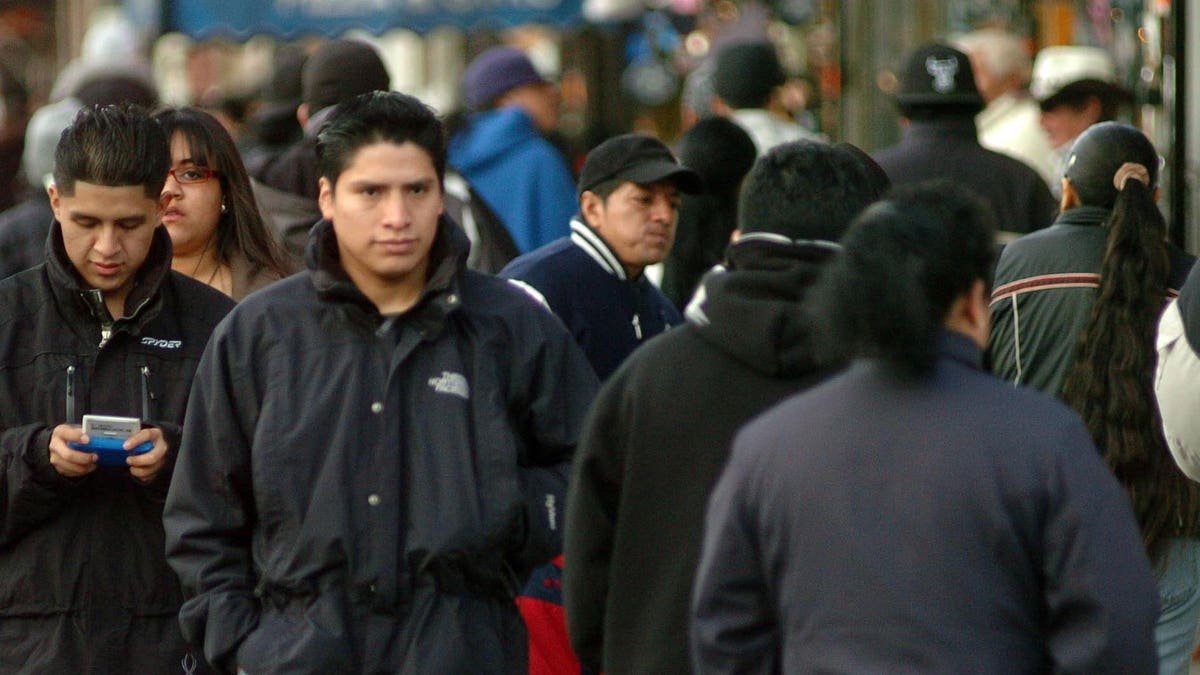
The announcement this week of the 2010 Census population count didn’t tell us how many Latinos there were in the United States today, but it did tell us that Latinos are poised to became a powerful political force. Maybe.
The Census revealed that U.S. population growth in the last decade was the second lowest since the Great Depression, and that the greatest growth was in states and regions of the country where Latinos are increasingly concentrated. While the resident population grew by 13 to 14 percent in the South and West, it increased by only 3 to 4 percent in in the Midwest and Northeast. States with large numbers of Latinos were the fastest-growing: Nevada, Arizona, Colorado, Florida, and Texas grew by double digits.
In terms of the reapportionment process, these demographics translate into greater political representation and potential clout for Latino-rich states. States with the largest Congressional delegations and greatest number of Electoral College votes are California, Texas, Florida and New York, all with large Latino populations and significant political representation.
The irony is that many of these growth centers, which are the beneficiaries of population growth due in large part of immigration and brisk Latino birthrates, are also places with large reservoirs of anti-immigrant and anti-Latino sentiments (and policies). These are also areas with a strong Republican Party presence, and an increasingly unsympathetic Latino electorate to counter that party’s influence. There is a political strangeness to this development of a growing Latino presence strengthening anti-immigrant, anti-Latino forces, and vice-versa.
When these population counts were released a decade earlier, similar pronouncements were made then as today about how they pointed to a strong Republican advantage. But that decade wound up with a White House and Congress dominated by Democrats. This is a reminder that demography is destiny, but not all of the time. One reason may be that Latinos could potentially become a political Trojan Horse for the Republican Party as Latino Republicans become increasingly uneasy with their party’s potentially growing and Tea Party-fueled anti-immigrant positions.
When the next big release of 2010 Census data occurs in a month or so, the big news may well be that the Latino population will reach from 46 to 50 million, around 15 to 16 percent of the total population. This will generate a national discussion about whether this is a good or bad thing for America, a kind of Samuel Huntington redux. With a more conservative Congress in place, this next Census announcement will re-ignite the next generation of the immigration debate, with all the anti-Latino rhetoric it brings with it. And this number, scary to many, won’t even include the nearly 4 million residents of Puerto Rico who are also U.S. citizens.
The Latino community should have by now realized that turning our population numbers into political and economic power is not an automatic or simple thing to accomplish. It requires an aggressive and creative leadership and a whole lot of independent grassroots organizing. It requires a social movement, something which the Census Bureau can’t provide.
Angelo Falcón is a political scientist and President of the National Institute for Latino Policy (NiLP). He serves as Chair of the Census Advisory Committee on the Hispanic Population.




